Juan Carlos Huanca is the owner of Finca La Asunta, a seven-hectare farm in La Asunta, Bolivia, where he cultivates three hectares of coffee and grows citrus fruits on the remaining land. He employs a dry fermentation process for twenty-two hours, followed by drying on raised beds for seven days. Juan has introduced Gesha coffee to create unique flavour profiles in the region, producing only 2,250 kilograms of coffee each year.
La Asunta, situated in the Sud Yungas province of La Paz, features rugged terrain with steep hills and abundant water resources from numerous waterfalls. The area enjoys a warm climate, averaging twenty-eight degrees Celsius, with humidity around seventy per cent and annual rainfall of about 1,300 millimetres. The municipality lies 217 kilometres northeast of La Paz, and coffee cultivation is part of an initiative to replace surplus coca crops, providing a sustainable agricultural alternative for local communities.
Juan, originally from Camacho province, moved to the Yungas in 1992 with his father, a coffee grower. He acquired his own land in 2004 and initially planted Creole variety, which was devastated by disease. After restarting with catuaí and Geisha, he focused on specialty coffee, enabling him to support his three children. While most Bolivian coffee is sourced from Caranavi in the Nor Yungas region, La Asunta is distinct, traditionally associated with coca production. Recently, this has negatively impacted the region's fertility, but Juan believes that cultivating coffee helps reduce coca growth and restore biodiversity, as coffee thrives in shaded conditions and benefits from natural fertilisers.
Juan expresses his hope that coffee drinkers appreciate the product and shares his belief in resilience. After experiencing significant setbacks, he learned from his mistakes with pest control and, with his wife's support, rebuilt his coffee business. Now, he is committed to producing exotic varieties and embraces the idea that it is never too late for a fresh start.


